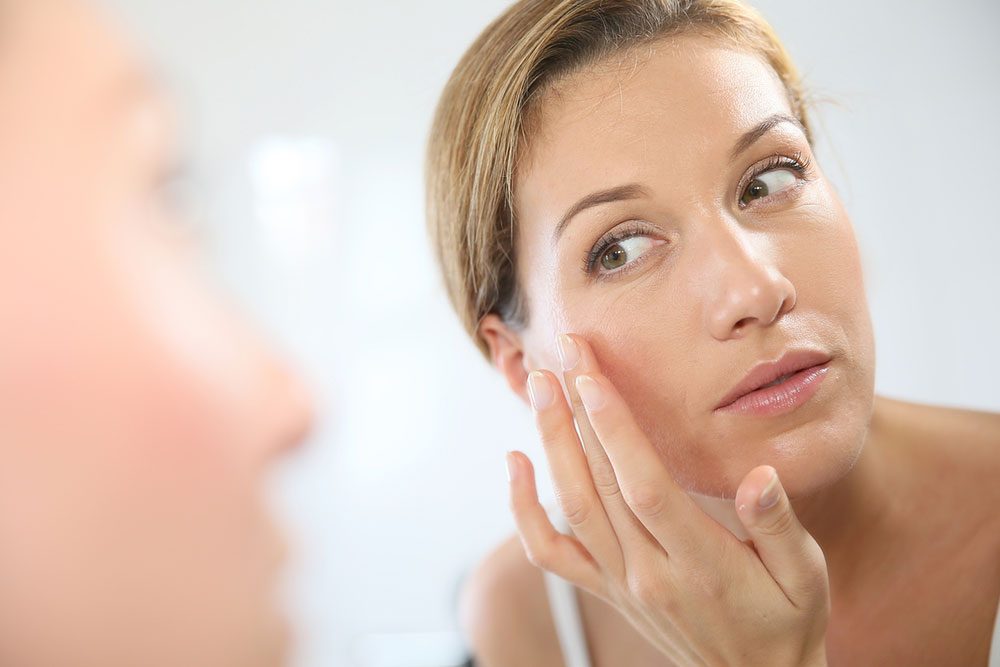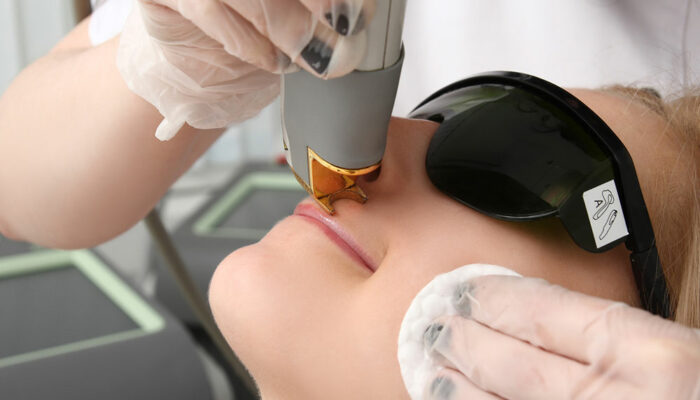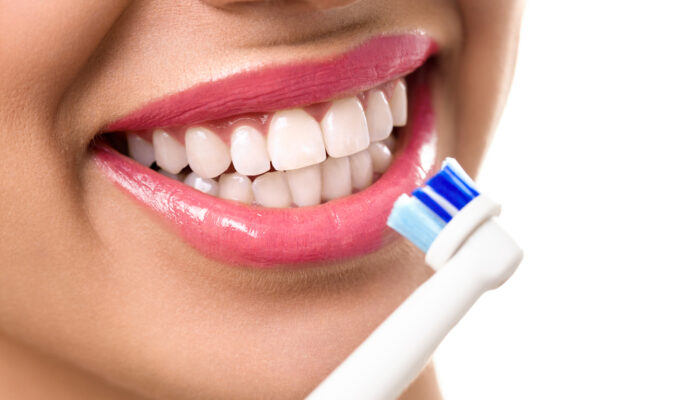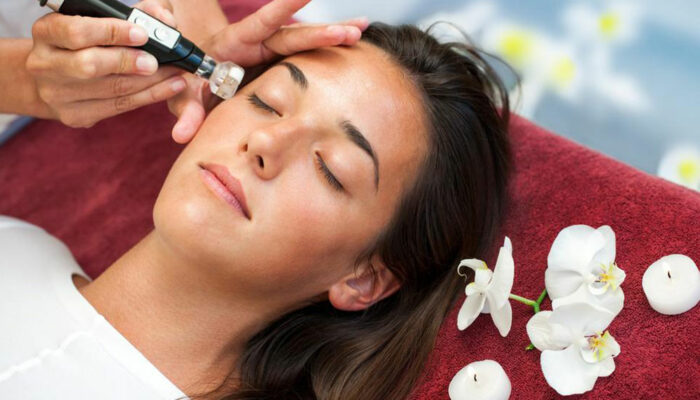
The Most Common Rosacea Risk Factors
Rosacea is a common and chronic skin disorder which generally affects the face. The disease generally causes redness on the chin, nose, forehead, and cheeks. If rosacea is not treated in its initial stages, the skin may become rough and get small acne-like pus-filled lumps. However, most cases of this skin condition are generally mild and can be managed successfully with natural treatments. The real cause of rosacea is yet to be found.
Although some studies point to certain factors that can potentially increase the risk of developing this skin condition:
1. Sun exposure
Like many other skin disorders, the ultraviolet rays of the sun also increases the risk of rosacea by damaging the blood vessels which are situated under your skin. Ultraviolet rays may also mutate the genes of your skin, which can lead to numerous types of skin diseases, including rosacea. In order to reduce your risk, you would have to use a sunscreen lotion daily. This tip is also applicable if you already have been diagnosed with the disease and are undergoing some of the natural treatments for rosacea.
2. Mites
Demodex folliculorum is a type of insect which normally lives on the skin of humans and generally does not cause any kind of complications. However, if their numbers increase, they may cause skin irritation and inflammation. This can lead to the development of rosacea.
3. Infection with H. pylori bacteria
According to dermatologists, people who have been affected by H. pylori bacteria and are dealing with its complications are more likely to develop rosacea than others. This bacterium generally affects the blood vessels by stimulating the production of a type of polypeptide named bradykinin; this leads to the unpleasant skin condition.
4. Stress
Known as the root cause of every disease, stress can also increase the risk of rosacea and may also trigger the symptoms of it. To reduce your risk, you can start doing yoga or opt for some of the natural treatments for rosacea, which can help reduce your overall stress.
5. Hot baths
When talking about stress reduction, hot baths are considered to be one of the most popular solutions. However, like everything, taking regular hot baths may damage the blood vessels under your skin, which may increase the risk of developing skin diseases, including rosacea.
6. Genes and ethnicity
Most doctors put rosacea under the list of genetic skin conditions. Thus, if someone from your family has this condition, you are likely to have it as well. Some dermatologists also consider ethnicity to be another risk factor as the skin disorder is generally more common among Caucasians.
Rosacea does not generally lead to any kind of life-threatening situations. However, it may cause embarrassment and frustration, as it affects the appearance of a person. As a result, dermatologists generally advise people to visit a counselor to help deal with anxiety or depression.



